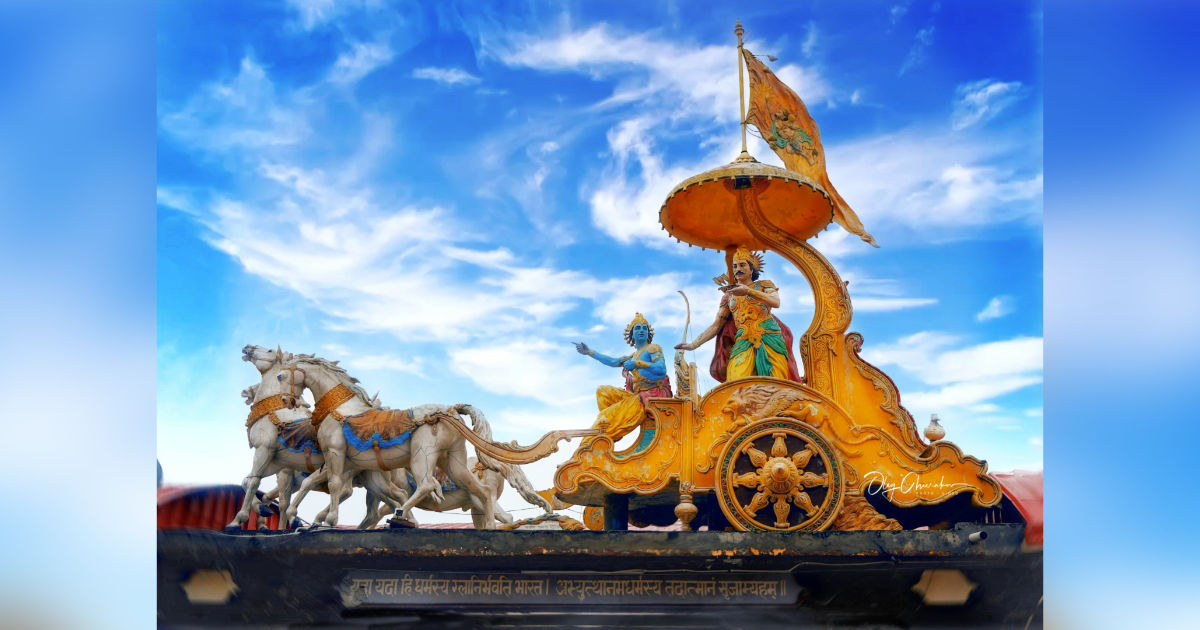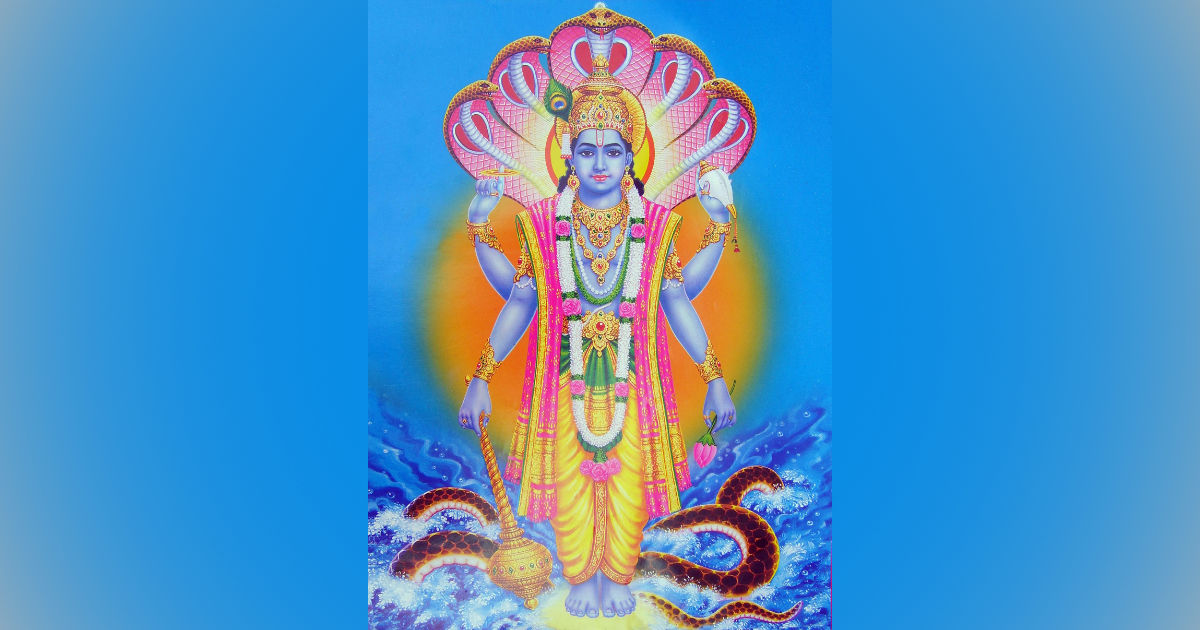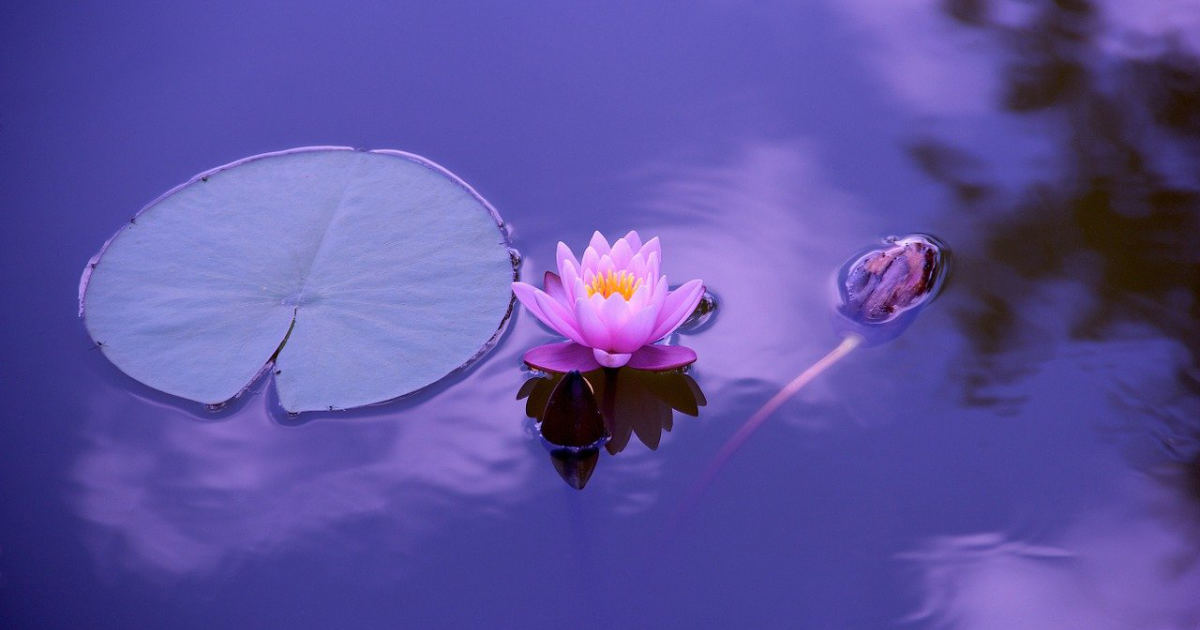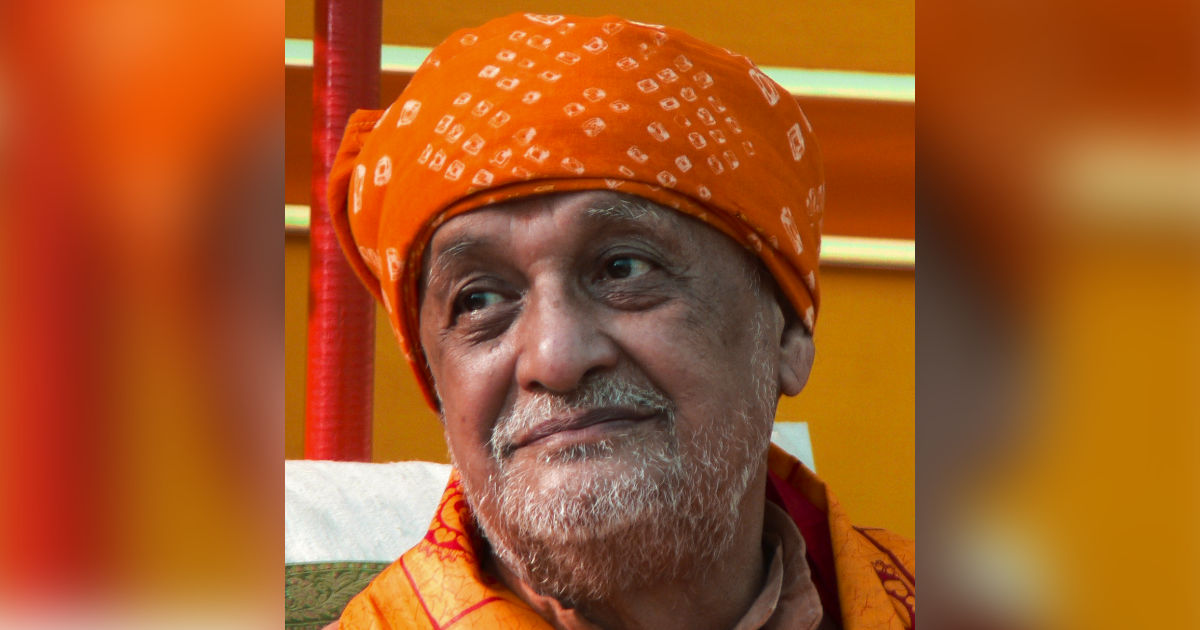Sarva-dvarani sanyamya mano hridi nirudhya cha
Murdhnyadhayatmanah pranam asthito yoga-dharanam.
All the gates of the body restrained, the mind confined within the heart, one’s life force fixed in the head, established in concentration by Yoga. Continue reading














